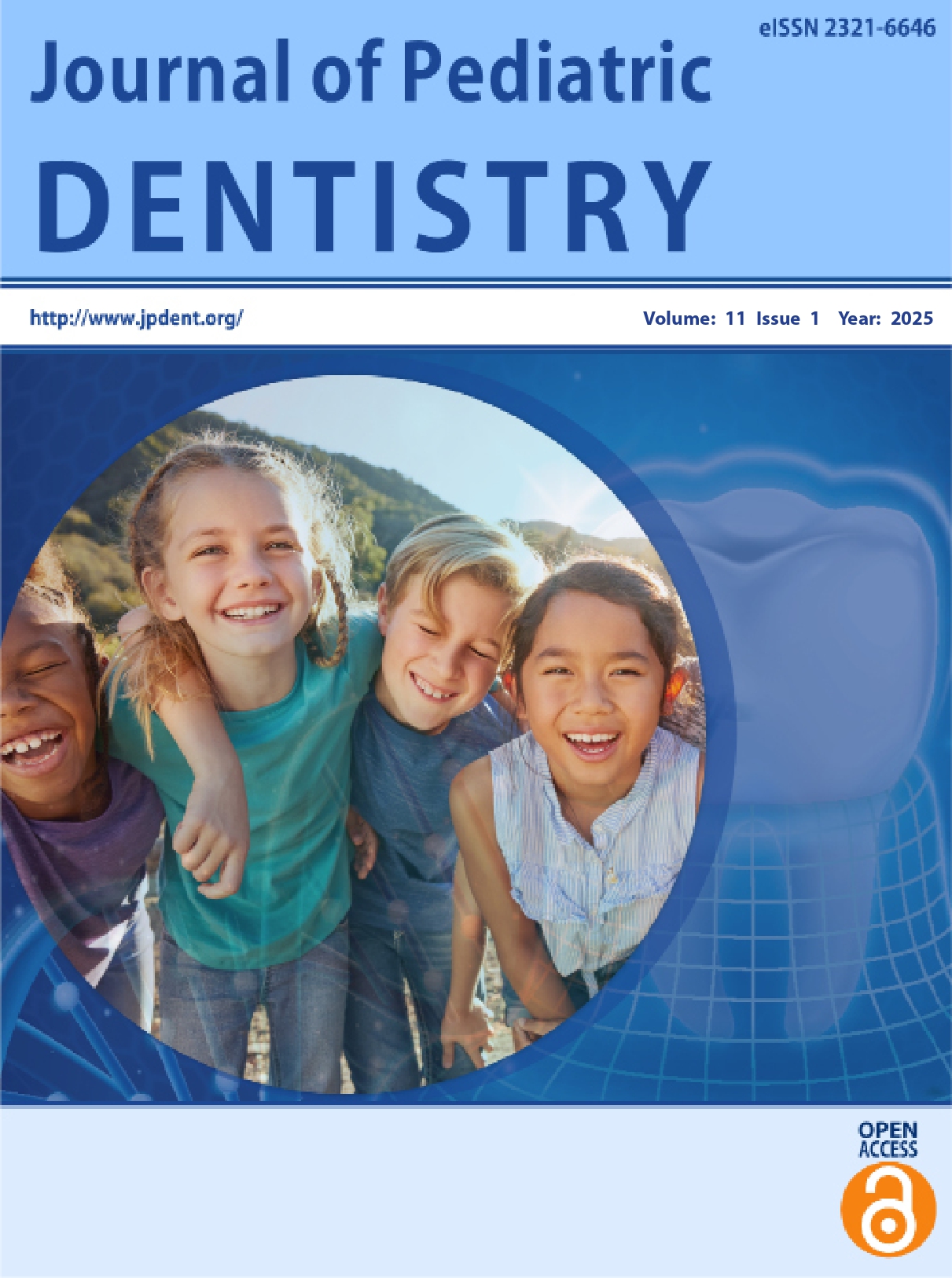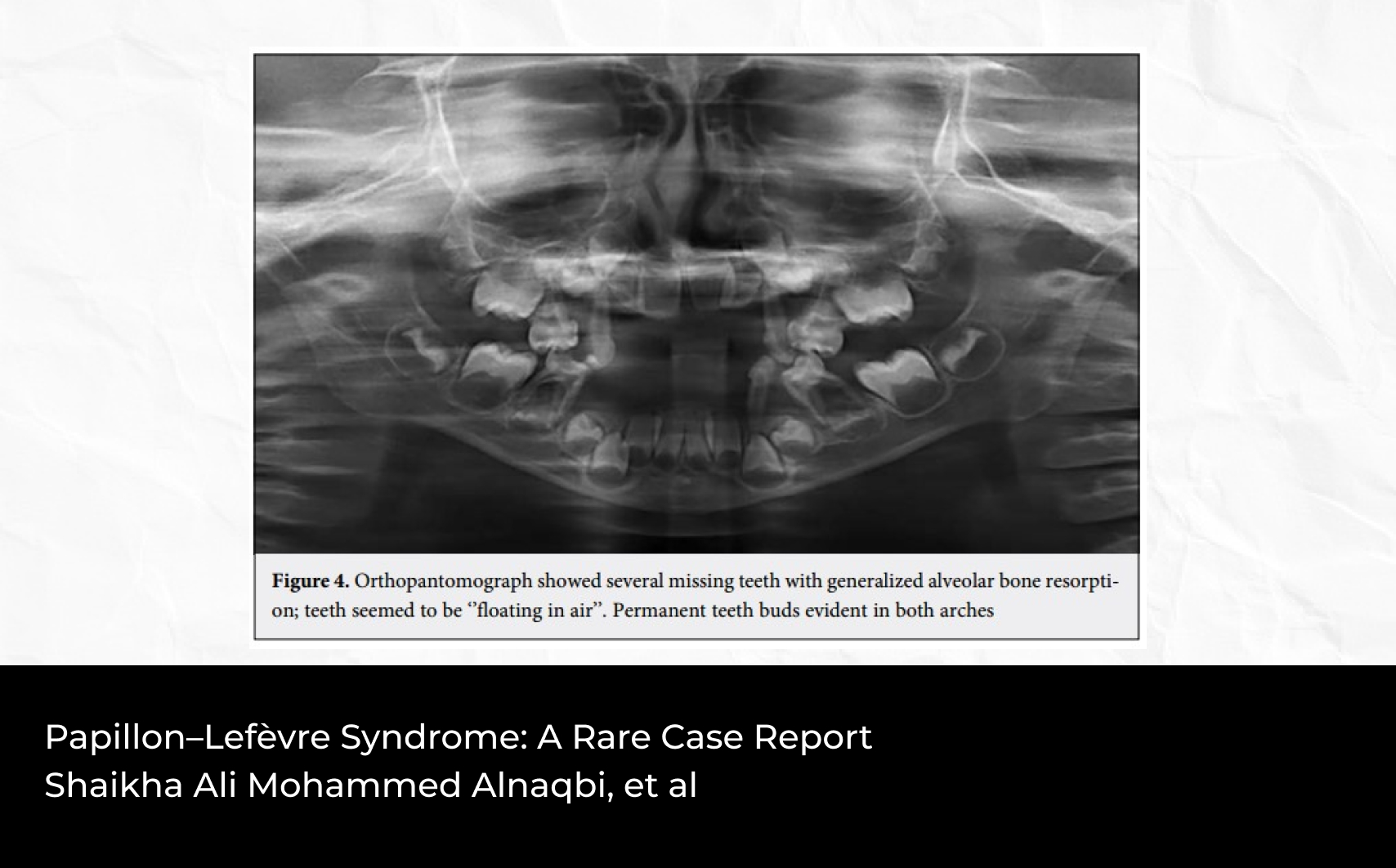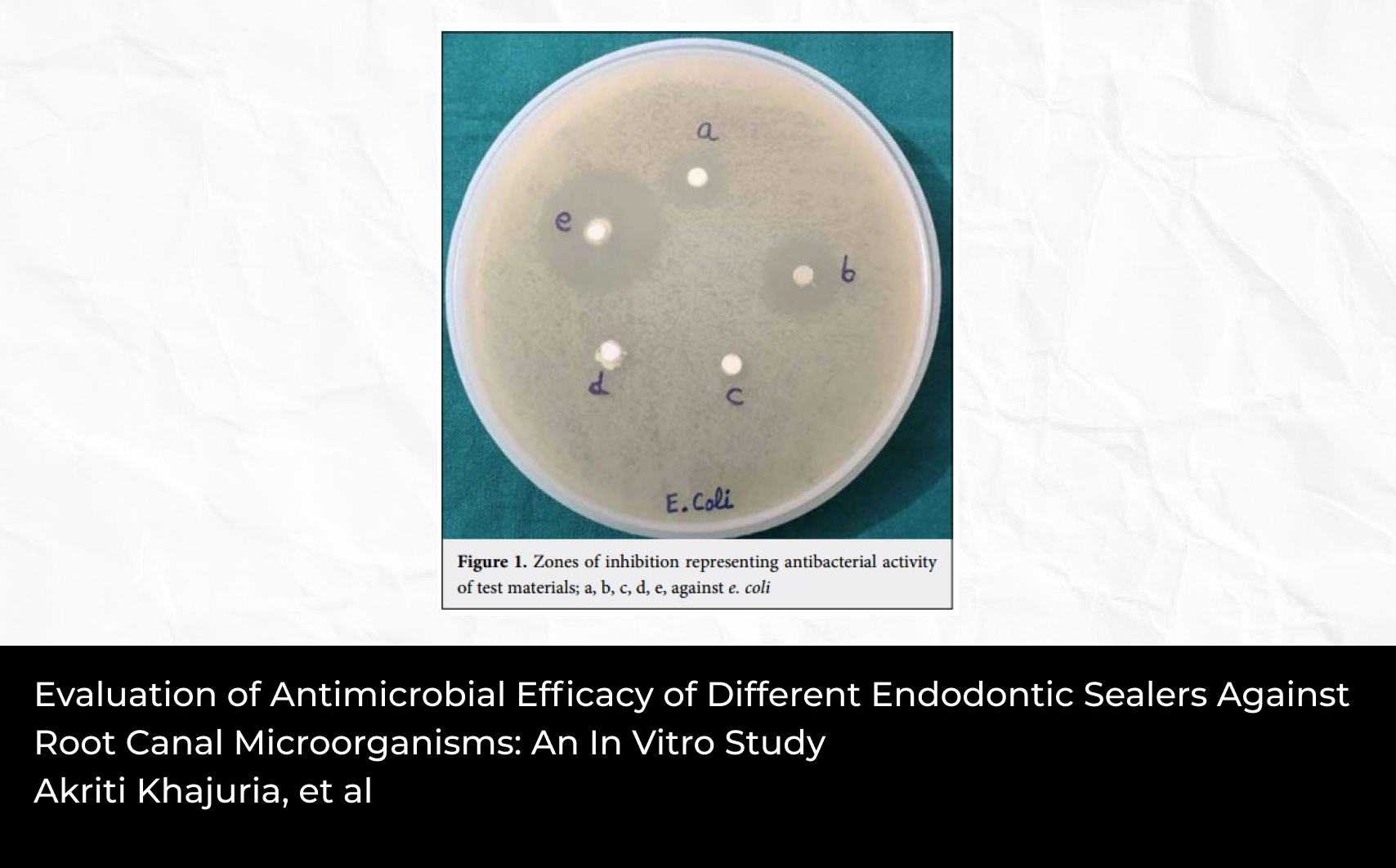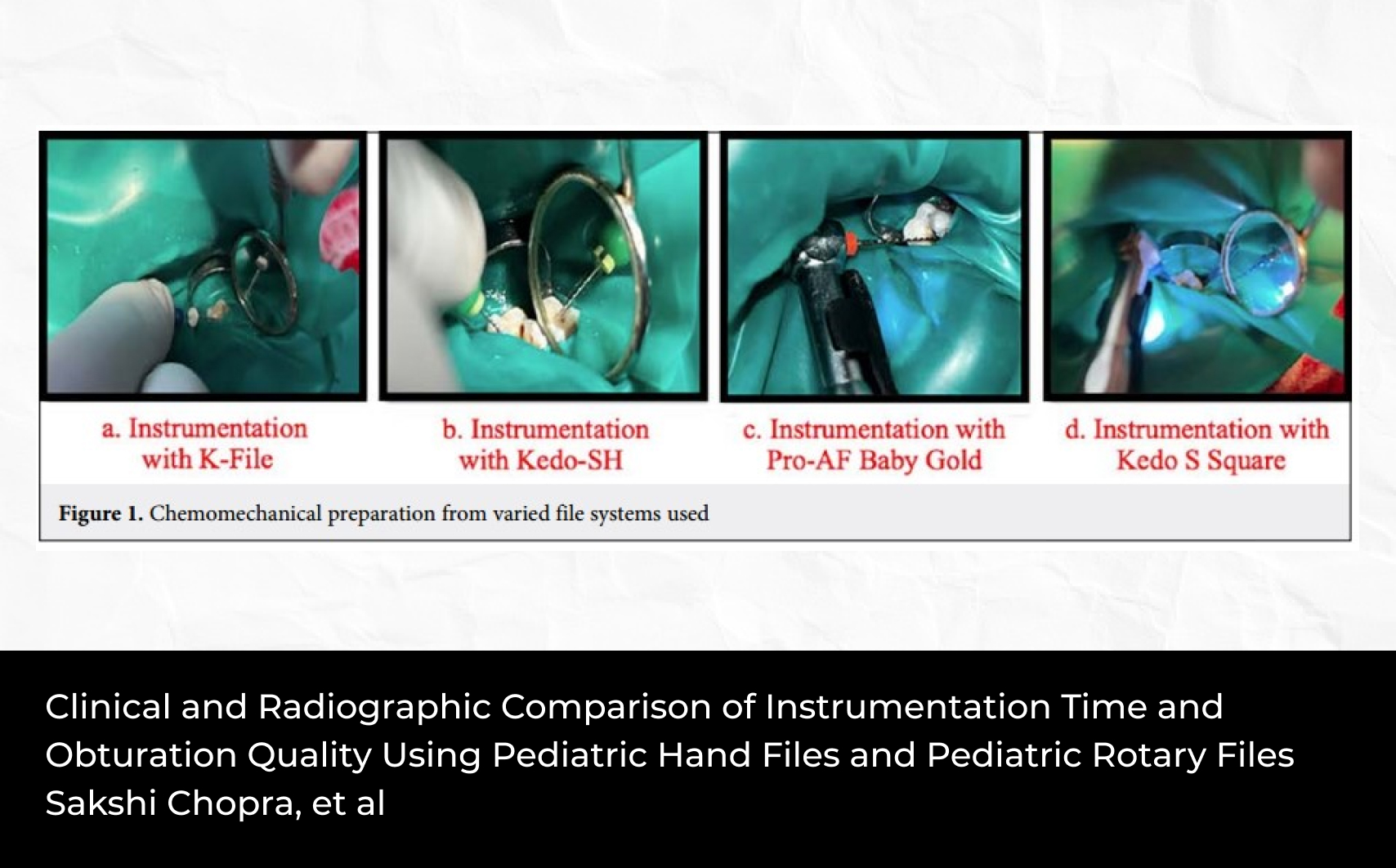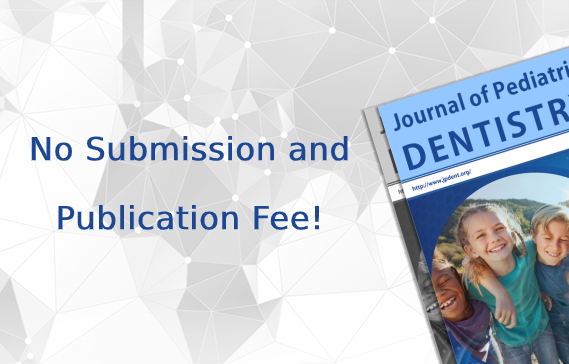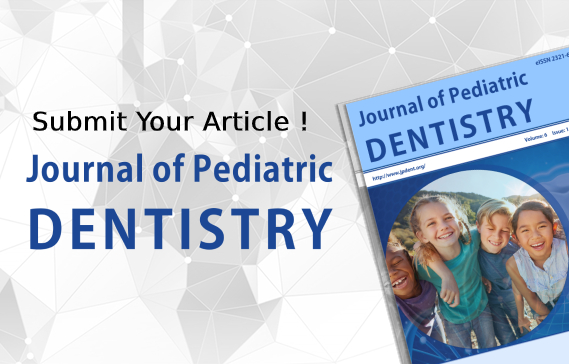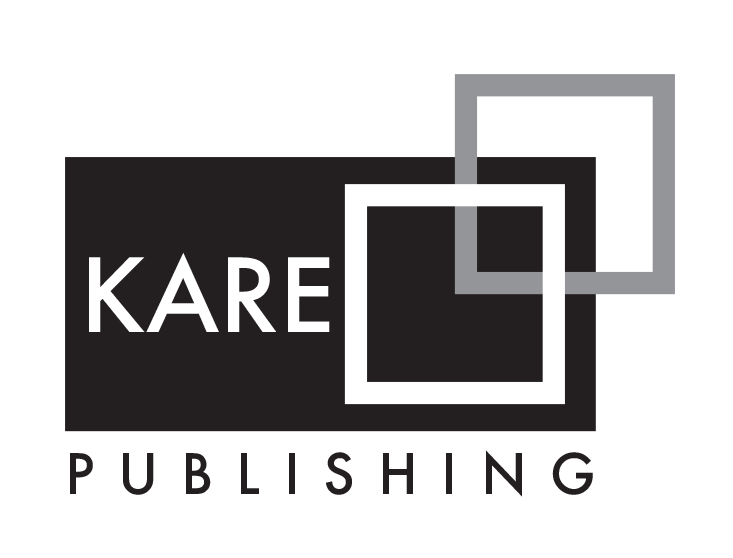2Orthodontics, Baskent University, Faculty of Dentistry, Ankara, Turkey
3Pediatric Dentistry, Baskent University, Faculty of Dentistry, Ankara, Turkey
Abstract
The alveolar bone support around the transplanted tooth, the stage of root development and apical closure are accepted as basic clinical factors that affect the success of tooth transplantation. Due to its high failure ratio, tooth transplantation is not common in the fi eld of dentistry; however, major advantages of the technique such as continuing physiological root development, formation of interdental papilla, and rapid generation of alveolar bone with a lower cost should be considered. The aim of this report was to present autotransplantation of a third molar into adjacent deep impacted second molar extraction socket without sufficient alveolar bone support. A 15-year-old healthy male patient referred to Department of Orthodontics due to dental crowding. For left mandibular quadrant, it was multidisciplinary planned to surgical removal of deep-impacted vertically positioned second molar and adjacent impacted mesioangular third molar was re implanted to its extraction socket. Patient was followed for 4 years; clinical and radiological results were thoroughly sufficient. Even in this borderline case where there is only alveolar bone support on lingual site, autotransplanted tooth can survive successfully.

